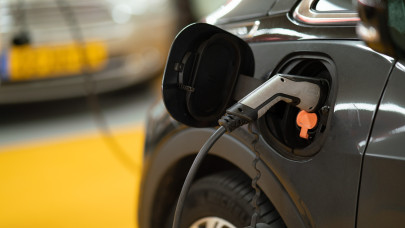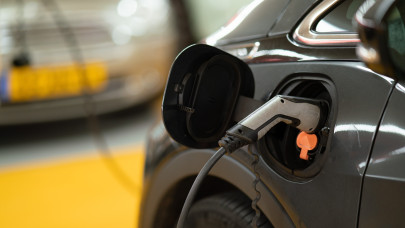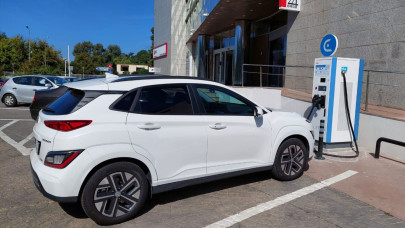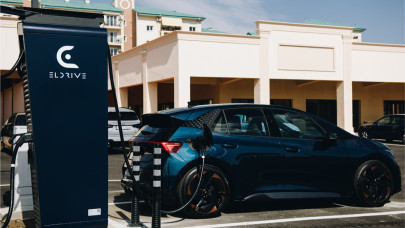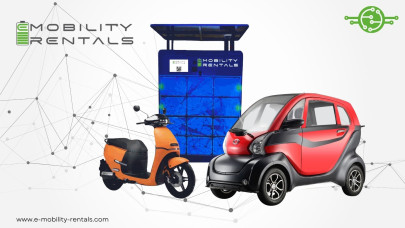EVBox Troniq Modular station has a power of 150 kW which can later be increased to 240 kW and can simultaneously charge two cars while balancing power to provide more current to an electric car that has a lower battery.
In addition to the installation and operation of electric stations, EVconnect also deals with the maintenance of electric stations, having contracts for more than 1,000 electric stations.
The EVconnect charging network reached the 400-station threshold in September and will reach the 500-station milestone by the end of the year. The Romanian operator of electric car charging stations has proposed that by 2025 the EVconnect network will include at least 3,000 electric stations.
Last year, 166,244 charging sessions were registered on the EVconnect network, totaling 2.37 GWh. Over 10,000 users have already charged their cars consistently from 29,434 EVconnect users.
The European Union requires fast stations of more than 150 KW on main routes
The EU Council passed the law that will place fast stations of more than 150 KW every 60 km along the main routes in the European Union starting in 2025. The program should be completed by 2030.
Under the new rules, EU countries are required to increase the number of charging stations for electric and hydrogen vehicles and simplify the charging process.
The expansion of charging infrastructure must go hand in hand with the expansion of electric mobility, with EU countries having to provide an additional 1.3 kilowatts (kW) of public charging capacity per electric car sold. This would mean approximately one additional charging point for every 33 electric cars sold, which would equate to around 600,000 charging points in the EU by 2025.
For electric commercial vehicles, 350 kW chargers will be installed every 60 kilometers along the TEN-T core network and every 100 kilometers along the extended TEN-T network from 2025.


